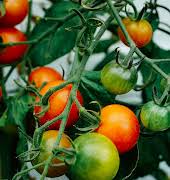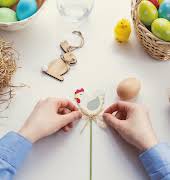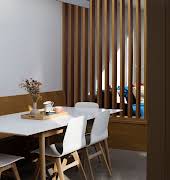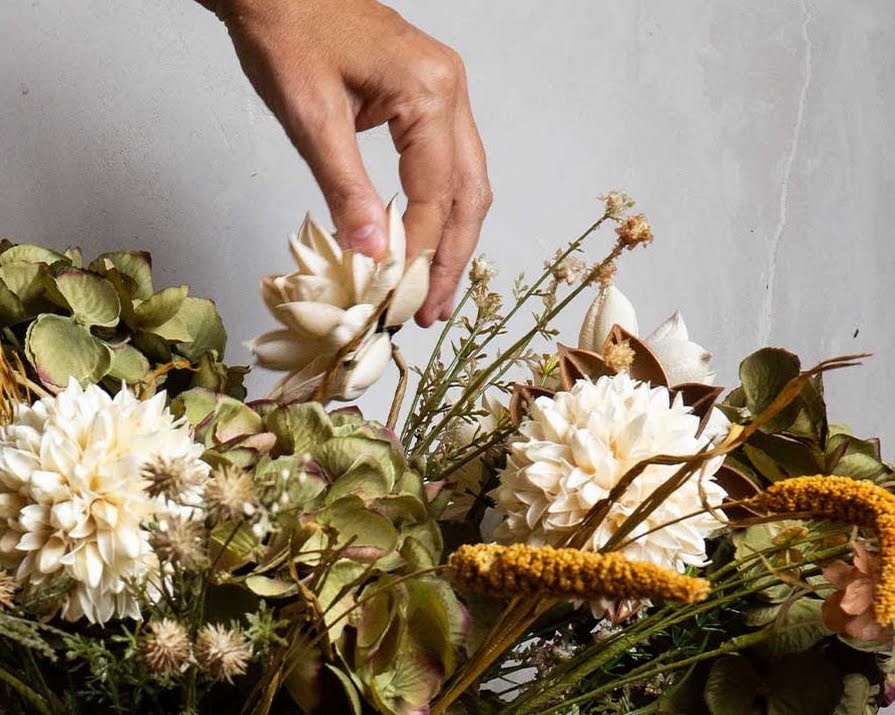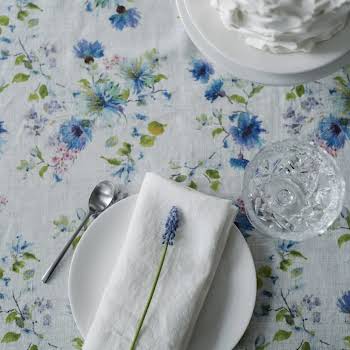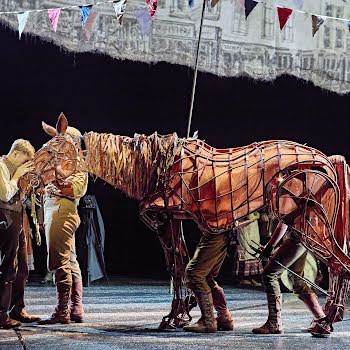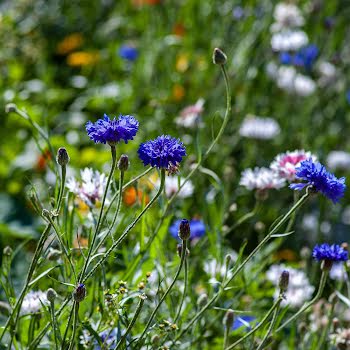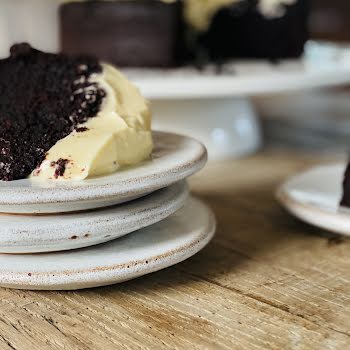How to create an eco-friendly winter flower arrangement (that doesn’t look dead)
By Lauren Heskin
03rd Dec 2023
03rd Dec 2023
Bring nature indoors with beautiful winter flowers.
As we move into the darkest of the winter months, finding colourful blooms for your home can become difficult, though not impossible, and if you head out to your garden you might be surprised with what you find – a few dahlias are still in bloom and can be bulked up with verbena or crab apples.
However, if you are simply not green-fingered but would still like to introduce some nature into your home, there are plenty of ways to do it.
Keep it local
This time of year is made for mixing dried flowers with fresh stems for a creation that’s full of texture. If you’re going out to buy stems, ask your florist what Irish-grown stems they have. Not only will these last longer as they have travelled a much shorter distance, but they’re more environmentally friendly and will fit in much better in terms of seasonality with any of your own additions.
Stems and foliage
Don’t forget too that at this time of year, there is plenty of foliage with lots of colour. Following the summer, you’ll find leaves of vibrant pinky reds, right through to burnt oranges and lemon yellows. You can create incredible displays without a single fresh flower in sight, like this incredible bouquet by The Garden in Powerscourt Townhouse. There are lots of lovely stems too, from Cornus alba sibirica’s red-hued stems to the peeling barks of birch. Also keep an eye out for interesting seed heads, like pussy willow. If you have any allium heads or artichoke heads left standing, they can be dried and make for beautifully architectural shapes in a vase.
Flowers
While fresh, seasonal flowers are few and far between during the winter, there are some that bloom during this time of year. As well as a few late-flowering flowers like dahlias and hydrangeas that can still be found blooming right through November, you can also get some early-flowering daffodils and winter irises from mid-December. In terms of indoor plants, amaryllis is a winter-blooming flower that comes in a range of hues from green-white to festive reds.
Dried flowers are becoming more and more popular thanks to the Danes’ preference for them. You can buy dried flowers from The Garden (€45 bouquet), Rockett St George, Søstrene Grene, and Industry & Co. It’s actually quite easy to dry some yourself too – just tie a bunch upside down on a hanger, leave it in a wardrobe for a few weeks and voila. Make sure they are not touching and have plenty of air around them, otherwise, they can rot.

Photo by Aaron Burden on Unsplash
Foraging
If you want to forage some of your stems, remember a few important things. Don’t forage on public property and if you’re foraging in a field of any kind of privately owned land, make sure to ask the landowner’s permission first. And finally, when foraging, it should never look like you took anything – only take small amounts that are well hidden from view and beware of interrupting any potential wildlife in the area.
Say no to flower foam
This winter, particularly around the holidays, we can tend to use oases or flower foam for door wreaths and table centrepieces. However, they are packed full of harmful toxins and are completely non-biodegradable. They are so bad for the environment that prolonged exposure may cause cancer – it really can’t be over-stressed how terrible this stuff is for the environment. Yes, it will help flowers to last longer, but they will survive just as long in freshwater that’s regularly topped up. For hanging creations like door wreaths, moss soaked in water and held in shape with chicken wire will work just as well and keep your stems secure, just remember to add fresh water regularly.
Featured image: Rockett St George

